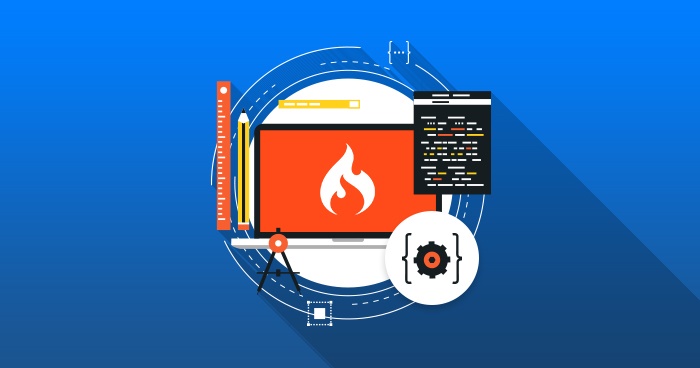Building RESTful APIs with CodeIgniter: A Step-by-Step Guide
RESTful APIs have become a standard for enabling seamless communication between client-side applications and servers. CodeIgniter, a lightweight and powerful PHP framework, provides an ideal platform for developing RESTful APIs with its simplicity, flexibility, and built-in MVC architecture. In this step-by-step guide, we’ll walk through the process of building a RESTful API using CodeIgniter.
What is a RESTful API?
A RESTful API (Representational State Transfer API) is a web service that adheres to the principles of REST architecture. It uses HTTP methods like GET, POST, PUT, and DELETE to perform operations on resources represented in formats like JSON or XML.
Why Choose CodeIgniter for RESTful APIs?
- Lightweight and Fast: CodeIgniter's small footprint ensures optimal performance.
- MVC Architecture: Separates logic, data, and presentation for better maintainability.
- Customization: Offers flexibility to adapt to specific needs.
- Extensive Documentation: Rich resources for guidance and troubleshooting.
Getting Started
Step 1: Install CodeIgniter
- Download CodeIgniter: Visit CodeIgniter's official website and download the latest version.
- Set Up Your Environment: Extract the package to your web server directory (e.g., htdocs for XAMPP or www for WAMP).
Step 2: Configure CodeIgniter
- Update the base_url: Open application/config/config.php and set the base_url to match your project.
2.Database Configuration: Configure your database in application/config/database.php:
Building the API
Step 3: Create the API Controller
- Create a Controller: In the application/controllers directory, create a new controller file named Api.php.
Step 4: Create the Model
- Create a Model: In the application/models directory, create a new file named Api_model.php.
Step 5: Configure Routes
Update the routes in application/config/routes.php to map your API endpoints:
Testing the API
Use tools like Postman to test your endpoints:
- GET /api/items: Retrieve all items.
- POST /api/item/add: Add a new item (send data as JSON in the request body).
- PUT /api/item/update/{id}: Update an item (send data as JSON).
- DELETE /api/item/delete/{id}: Delete an item.
Conclusion
Creating RESTful APIs with CodeIgniter is a straightforward process thanks to its intuitive structure and robust features. By following the steps above, you can quickly set up an API to handle CRUD operations, making it easier to connect and interact with various applications.
Explore advanced features like authentication, validation, and error handling to enhance your API. With CodeIgniter, you're equipped to build APIs that are both efficient and maintainable.
Happy coding! 🚀















